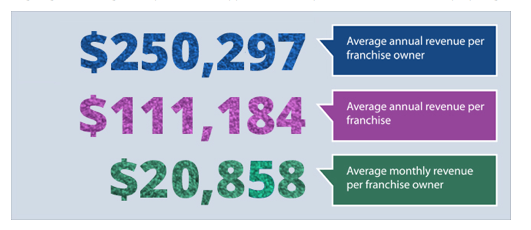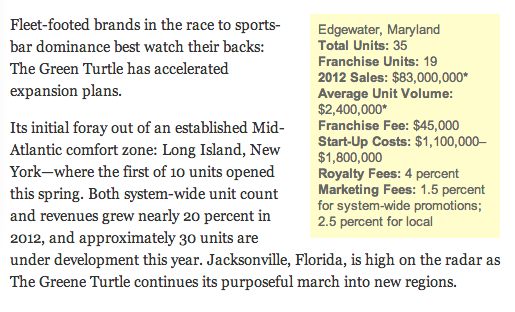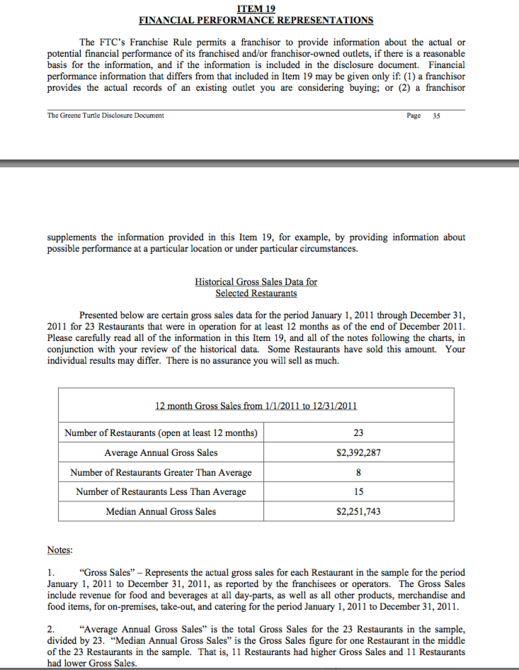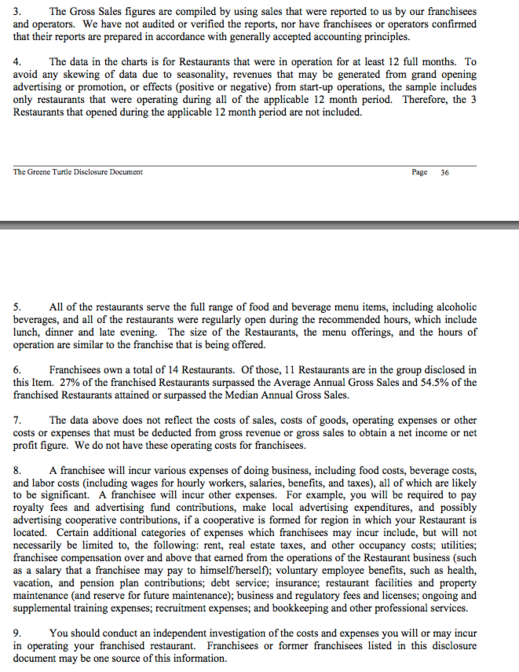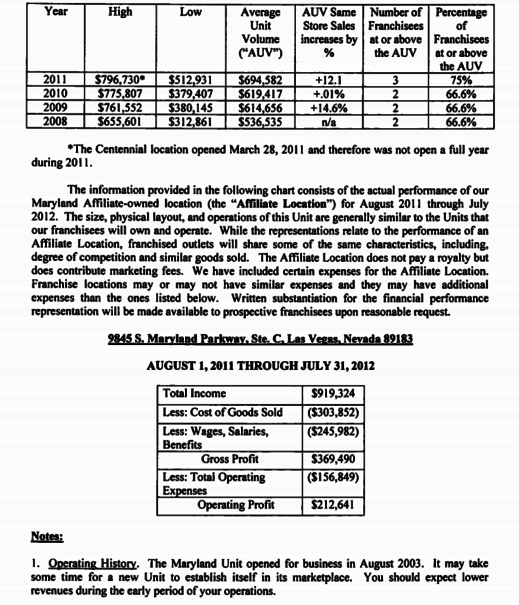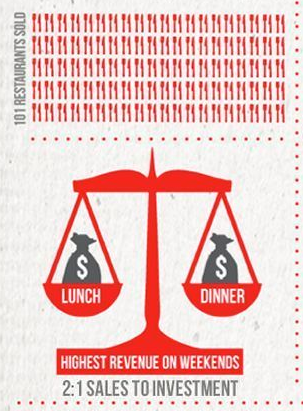The call came just when Kevin was about to drain the last of his scotch. The muffled ring startled him a little as he gazed lazily across the soft white sands to the calm ocean waters gently caressing the beach.
He hardly ever received phone calls anymore, not since buying a condo in an exclusive St. Lucia's resort - aptly named Sugar Beach - almost five years ago.
Unless, of course, it was the concierge informing him about the dinner reservations he had made for him at yet another five star restaurant, or his masseuse confirming his weekly appointment.
His mind briefly flashed back to former times - another place in another time, when he had managed his own franchise retail stores in Virginia and Maryland, working relentlessly to make his dream come true - to be his own boss and to prove his business acumen by the only true scorecard that has ever been used for centuries - a healthy financial statement.
And a very healthy financial statement it had turned out to be after eight years running his "Pause for Paws" franchise units.
Who knew that pet pedicures would be so popular? Talk about the golden dog laying the golden.... Well, anyway, he was very well off, and he had developed a warm spot in his heart - and wallet - and for those canines, felines, and other pampered pets.
The rude, persistent ring tone refused to allow Kevin to reminisce. "All right, already," he bellowed as he rummaged through his beach bag in search of his I-phone. He could see as he picked up the device that it was his accountant back in the States.
"We have a problem," Harvey announced flatly. "The buyer of your P for P store has gone out of business, and now the landlord is demanding that you pay the back rent and damages. Some $353,000, or thereabouts."
The slight breeze suddenly felt very cold as Kevin tried to process this unexpected disaster. "Why is the landlord coming after me," he asked weakly, "I haven't been involved with the business for over six years now. How could this be happening!?"
Unfortunately for Kevin, he had been so focused upon the planning, learning, hiring, training and everything else that consumes a new franchisee starting a business that he gave too little thought to the commercial lease he had to sign for his new store.
"As long as I pay the rent on time, I'll be okay," he had reasoned back then.
"Besides, I will have such a poor negotiating position, it makes no sense to waste time and money having an attorney review my lease."
He had been too distracted with the pressing demands of an exciting new venture to focus on the fact that his entire business would depend upon the soundness of his lease, by far the biggest asset - and liability - of his nascent enterprise.
Too often franchisees like Kevin fail to appreciate the substantial financial obligations he or she is being straddled with: even modest space of between 1,500 - 3,000 sq. ft. can have cumulative minimum rent obligations in the $700,000 to $900,000 range for a typical ten year term, plus common area maintenance, real estate taxes and insurance charges that keep going up over time.
Moreover, if a purchaser of the business elects to exercise extension rights, those obligations will only continue even longer. The landlord does not have to try to get any money out of the existing tenant, either; he can come directly after the fat guy downing booze on the beach.
It's true that a newly established business needing only a few thousand square feet of retail space is not going to have the same leverage as an anchor tenant, but there are many important provisions in a lease where a landlord has significant flexibility - indeed, almost all retail developers have already drafted second and third level positions on many important lease issues they anticipate a tenant's experienced legal counsel will raise; low-hanging fruit that can even the smallest tenant can grab - but only if he knows what those issues are, how to articulate the winning arguments, and how far one can push.
As Kevin found out too late, most landlord retail lease forms insist that the initial tenant remains liable under the lease for the full duration of the term - even if the business is sold to another person in the meantime.
On top of that, the standard personal guaranty Kevin was also required to sign put all of his personal assets behind that commitment.
It doesn't need to be that way, though. Often a landlord will agree to a significant but manageable liquidated damage amount for tenant defaults occurring after a certain period of time, or to the termination of the personal guaranty after the initial term, or to a full release of the initial tenant and its guarantor if a replacement tenant, together with a replacement guarantor, has at least a certain minimum net worth.
The point is, there are many ways to avoid this open-ended nightmare: if, like Kevin, you worked hard and "hit a home run" in the business world, you should not have to worry about an ugly hand from the past snatching it all away in an instant.
On-going tenant liability is only one of many ways in which a standard retail lease form can destroy a franchisee's exit strategy from a successful business. No franchisee should have his winning business plan become a financial disaster because he sought to "go budget" on the most important legal document he would ever sign.
"Don't worry," offered Harvey, "my brother, Rich, is a litigator. He'll find a way to fight this and maybe cut your losses - if we give him enough time to look into it."
"Yeah," sighed Kevin, "and we give him a big enough retainer."
For the 5 Most Fascinating Stories in Franchising, a weekly report, click here & sign up.
(Gordon has been representing retail tenants around the country for nearly thirty years, including serving as corporate counsel for twenty-two years leading new store site acquisition teams for major corporations, such as Costco Wholesale Corporation. In 2013, he decided to apply the extensive experience he had gained going toe-to-toe with the major retail developers around the country to the representation of the underserved small to medium-sized business client seeking to rent retail space.
Inspired by Costco's model of high quality goods and services offered with a spartan cost structure, Gordon joined a virtual law firm, Fisher Broyles, LLP, that enables him to offer all of the benefits of a major law firm - a large group of experienced, partner-level only attorneys representing clients in a broad array of practice areas ,with offices in eleven major cities throughout the United States - with the responsiveness and economy only possible through the maximum utilization of available technologies.)

 via email to
via email to